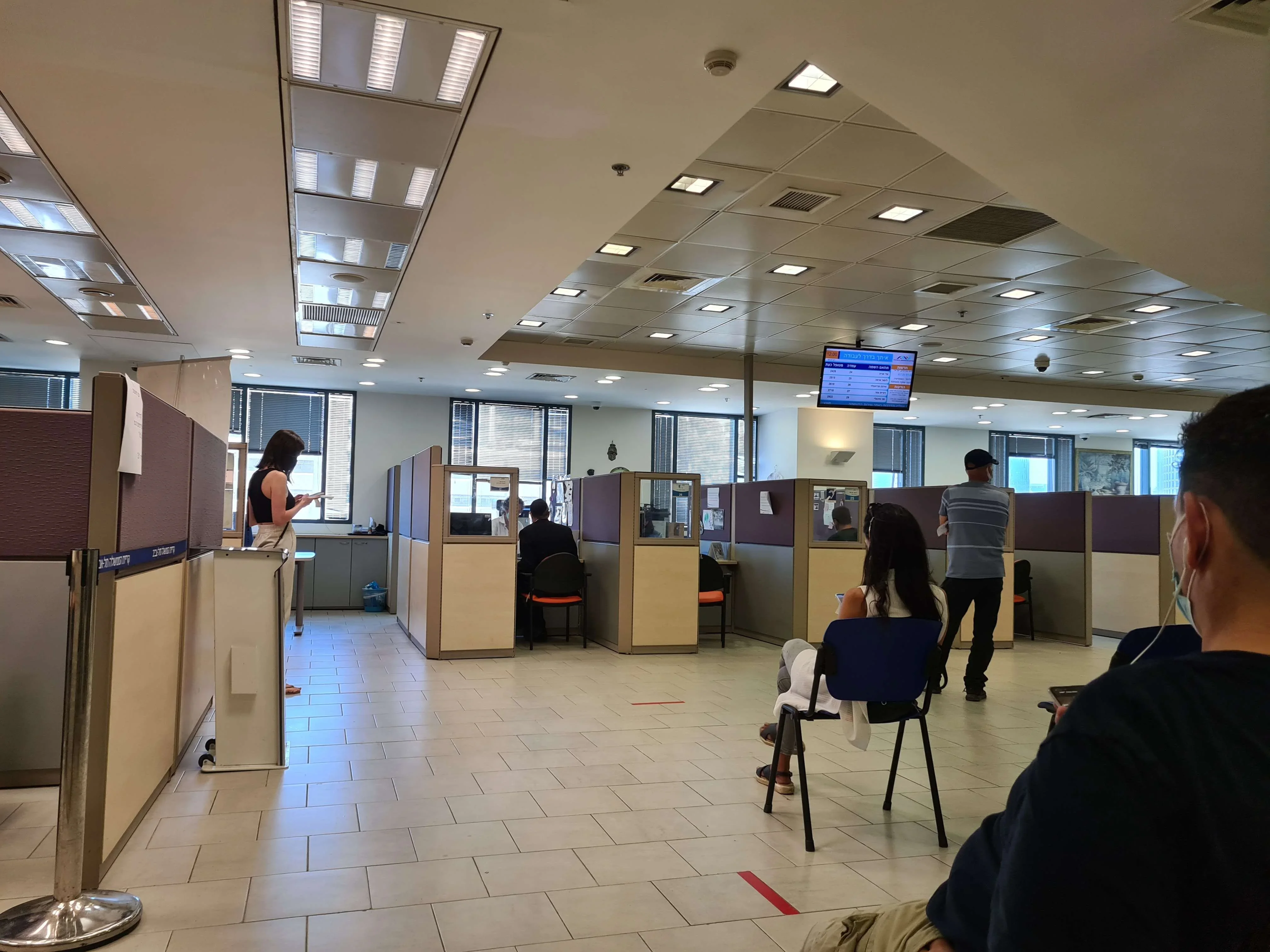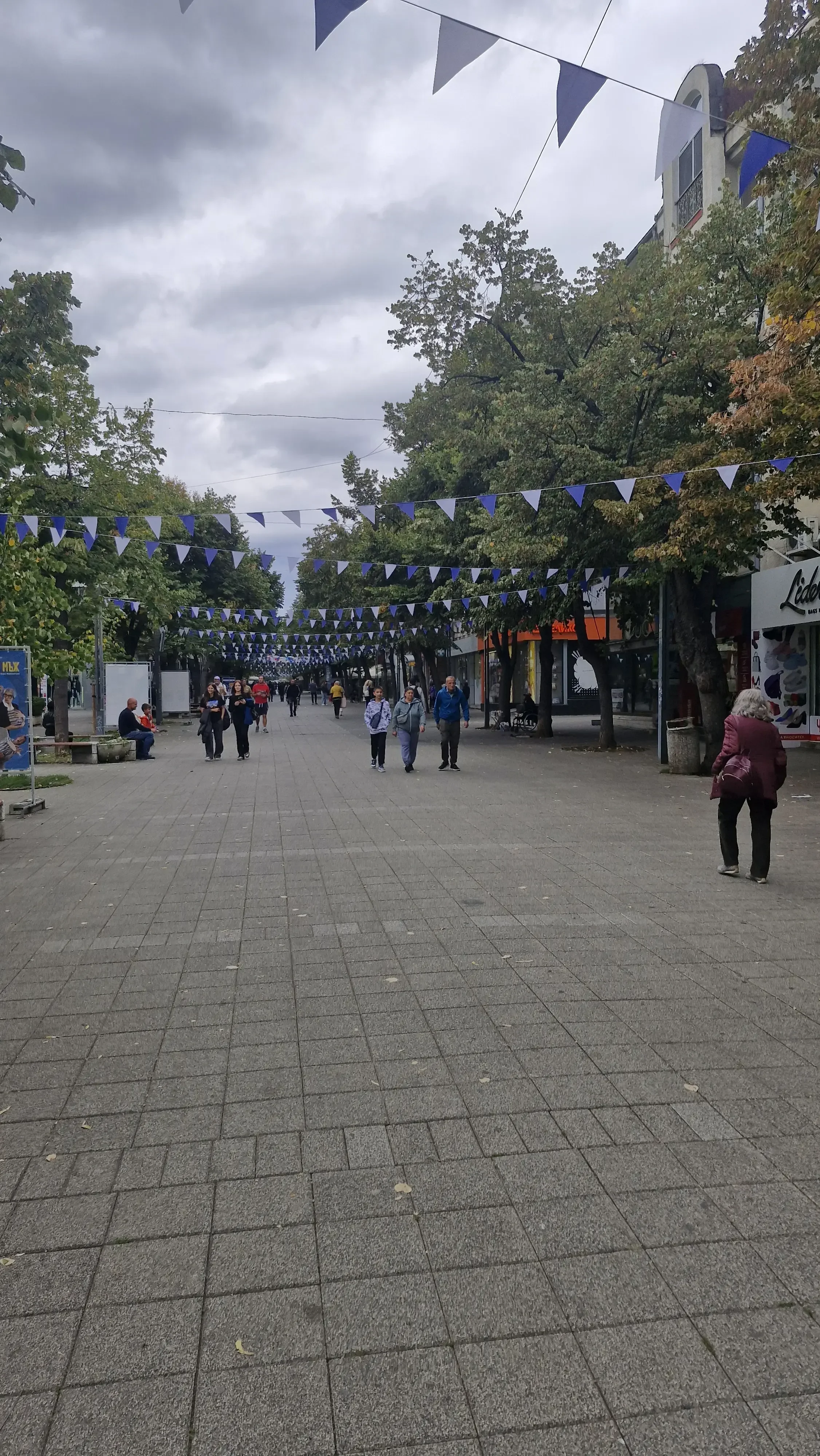The Working Poor in Bulgaria (2025): A Chronic Crisis with Systemic Roots
As of mid-2025, nearly 620,000 Bulgarians fall into the category of "working poor," according to the National Statistical Institute and Eurostat. These are people with regular employment whose income is still insufficient to meet basic living needs — food, rent, utilities, transportation, and healthcare.
Below the Threshold of Dignity
In May 2025, the median monthly net salary in Bulgaria is approximately 1,250 BGN (~640 EUR). However, the purchasing power of this amount has been severely eroded by cumulative inflation of over 40% between 2021 and 2024. Low-skilled workers in agriculture, textile industries, security services, and retail are especially affected.
According to Bulgaria’s largest trade union (CITUB), a single-person household requires at least 2,200 BGN per month to maintain a basic standard of living. This means that tens of thousands of households cannot make ends meet — even while working full-time.
Geography of Poverty: The Northwest Still at the Bottom
Regional disparities are stark. In Northwestern Bulgaria and parts of the Rhodopes, over 60% of workers earn less than 1,000 BGN net. Meanwhile, living costs in these areas are rising due to high fuel prices, limited access to affordable goods, and underdeveloped infrastructure.
Sofia and Varna remain relatively better off, but even there, rising housing costs and child-related expenses push many families into working poverty.
Social Policy: Band-Aid or Real Strategy?
The government has introduced a number of social measures in 2025, including an increased minimum wage (now 920 BGN/month), energy subsidies for low-income households, and food vouchers. Yet their effect is limited.
Many of those most affected do not qualify for support due to technicalities such as temporary contracts, informal employment, or property ownership that doesn’t reflect actual wealth or living conditions.
The Role of Employers and the Informal Economy
Bulgaria’s labor market is still heavily affected by undeclared work and informal arrangements. Over 25% of economically active people work in precarious conditions that prevent them from accessing healthcare, pensions, and unemployment benefits.
In sectors like construction, tourism, and personal services, it's common to see minimum-wage contracts supplemented with unofficial cash payments — leaving workers vulnerable and unprotected.
Is There a Way Forward?
Analysts from the Institute for Market Economics and the Bulgarian Academy of Sciences point to several structural solutions:
- investment in retraining and digital skills
- targeted regional development and support for local SMEs
- stricter enforcement of labor legislation
- incentives for employers who provide decent working conditions
Without meaningful reform and a long-term policy shift, over half a million Bulgarians will continue to live in working poverty — a condition that weakens not only individual lives but also the nation’s overall economic and social resilience.
You may also like
 Demographic decline as an economic shock: how Bulgaria is aging and this is already felt in pensions, healthcare and regions
Demographic decline as an economic shock: how Bulgaria is aging and this is already felt in pensions, healthcare and regions What does "success in Bulgarian" mean: money, abroad or a peaceful place here?
What does "success in Bulgarian" mean: money, abroad or a peaceful place here? Young Families and Demographics: How to Bring Back Nine Million to Bulgaria?
Young Families and Demographics: How to Bring Back Nine Million to Bulgaria? The Labor Market Recovers: Rise in Job Advertisements in January 2026
The Labor Market Recovers: Rise in Job Advertisements in January 2026
Disclaimer:
This article is an analytical review by the BurgasMedia editorial board and reflects the opinion of an expert group based on current political, economic, and social developments.
The conclusions presented are not predictions or factual statements, but a hypothetical interpretation of possible scenarios.
The publication is not responsible for any discrepancies with future developments and encourages readers to form independent judgments based on verified sources.




Коментари (0)
Все още няма коментари.